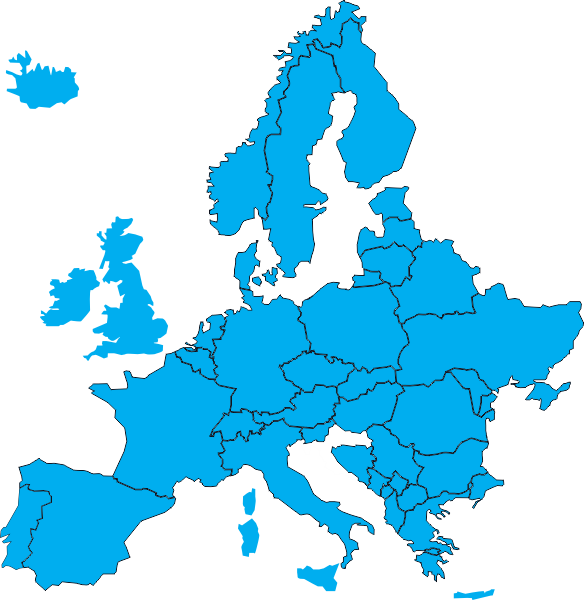GET IN TOUCH
GET IN TOUCH
GET IN TOUCH
Dot.Bit d.o.o.
Corporate address
Stubička ulica 48a
10110 Zagreb
Email: info@dotbit.eu

PCI SSC and the payment brands
The standard represents a baseline of technical and operational requirements designed to protect cardholder data and is maintained by PCI Security Standards Council (PCI SSC) – a global forum for the ongoing development, enhancement, storage, dissemination and implementation of security standards for account data protection. The standard is enforced by the payment brands, namely VISA, MasterCard, Amex, JCB and Discover.

The core of the PCI DSS (current version) is a group of six principles and accompanying requirements, around which the specific elements of the data security standard are organised:
The answer is quite simple, keep your systems secure, and customers can trust you with their sensitive payment card information. When you stay compliant, you are part of the solution – a united, global response to fighting payment card data compromise.
Our PCI DSS services aim at:
Depending on your business, whether merchant or service provider, and the number of processed transactions, there are different PCI DSS validation levels set.
For Merchants, levels are defined by the Payment Brands and are based on transaction volume which are determined by the Acquirer. For Service Providers, levels are defined by the Payment Brands according to transaction volumes and the type of Service Provider whilst determined by the Payment Brands or Acquirer.
Therefor, different types of assessments (self-assessment or onsite) as well as different documents are required at different levels.
Subscribe to dot.bit newsletter and keep track of the latest news and new solutions!
Dot.Bit d.o.o.
Corporate address: Stubička ulica 48a
10110 Zagreb, Croatia
E-mail: info@dotbit.eu